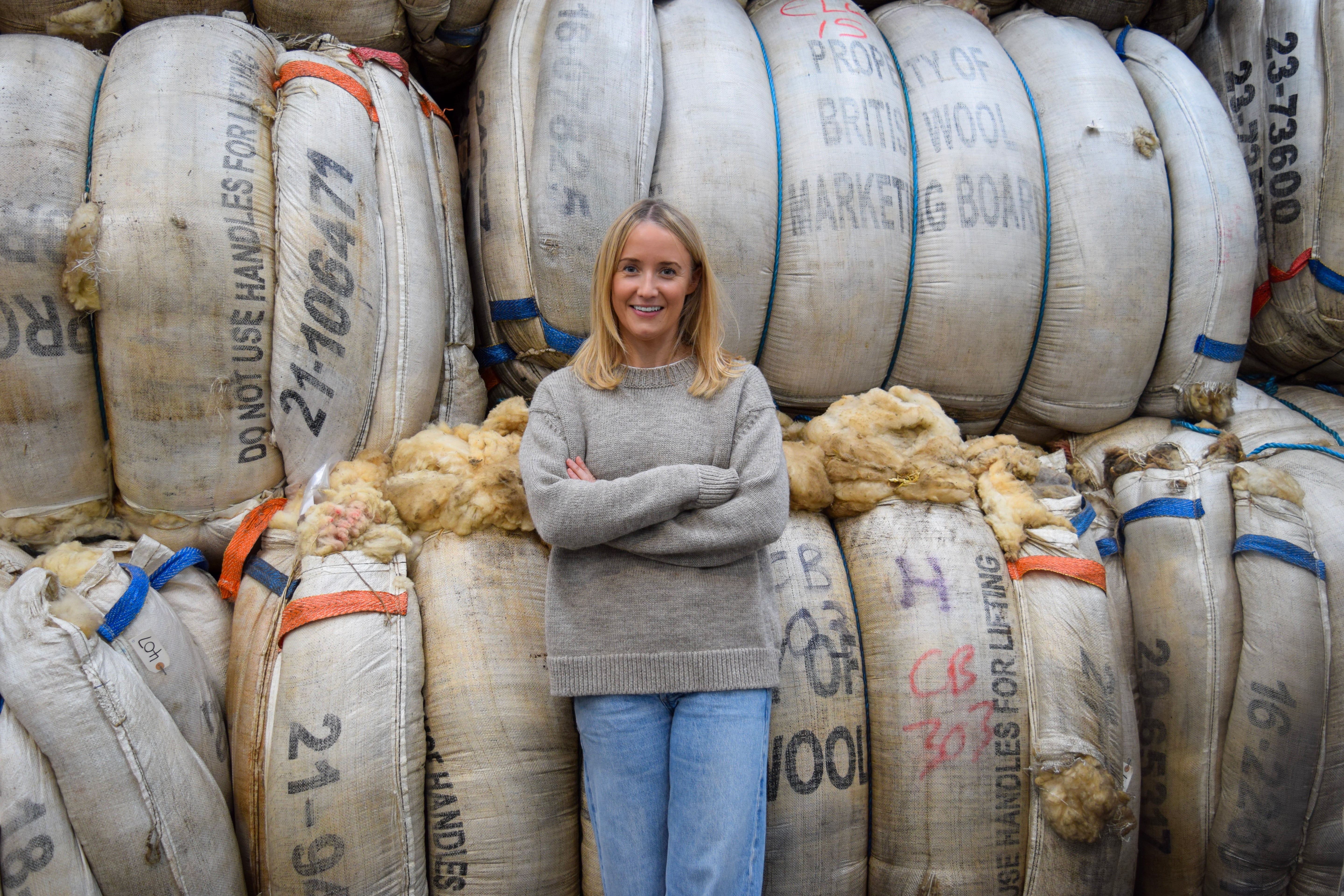“Time flies when you’re having fun” – it’s a common saying, and all too true. How many of us have glanced at our phones when out for dinner, only to realise with surprise that it’s long past the time we thought we’d be tucked up in bed?
But it’s not only when we’re having fun that time slips through our fingers. Scrolling through social media, first minutes and then hours can seemingly disappear. Looking back, we have little memory of what we’ve read or seen and little to show for it other than sore eyes.
Time can also seem to speed up as we age. Each day becomes a smaller fraction of our lifetime. Five years is nothing to a fifty-year-old, but everything to a seven-year-old.
Our brains also process things slower as we age. Rather than making time slow down, this may actually speed it up, as we take in fewer images in the space of 24 hours than we did in childhood. We may also hold onto less information, letting go of the minutiae our brains decide is not important. A child’s day may feel longer because according to their mind, more has happened.

Whatever our age, there are days when time drags. Inactivity, boredom, unpleasantness – they all play a role in slowing time down. But unlike those gloriously long summer days of our childhood, these long days don’t stick in our memories or make us wish for “just another 10 minutes” before bed.
What becomes clear is that time isn’t objective, it’s subjective. Scientifically, a minute lasts the same amount of time whoever you are and whatever you’re doing. But that minute is experienced differently and is subject to so many variables.
The goal isn’t to make time slow down or speed up. It’s to make it count. That doesn’t mean productivity, far from it. Sometimes it’s better to take the longer road. It’s about letting each day pass gracefully, but interspersing everyday ‘ordinariness’ with new experiences, whether that’s learning a new hobby, trying new food or seeking new local places to explore. Even just a heartfelt chat with a friend.
We can’t stop time slipping past, but we can create memories to give that time meaning.






